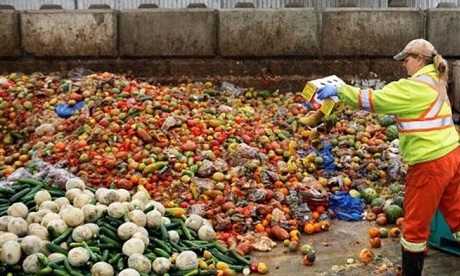Reducing food waste will reduce hunger and malnutrition, and save an estimated $1 trillion a year, a newly released report says.
The United Nation’s Food and Agriculture Organisation (FAO) report, ‘Preventing nutrient loss and waste across the food system: Policy actions for high-quality diets,’ finds regularly eating poor-quality food has become a greater public health threat than malaria, tuberculosis or measles.
Poor-quality diets are defined as those including poor-quality food as well as those where there is insufficient food.
Three billion people worldwide are affected by poor-quality diets and one-in-five deaths worldwide are associated with poor-quality diets.
The FAO report is is urging policymakers to find ways to reduce food loss and waste and to improve access to nutritious and healthy food.
The report notes that although there is neither a lack of food, nor a lack in food quality when it’s produced, food quality and quantity reduces after its production.
In low-income countries, the report finds “food is mostly lost during harvesting, storage, processing and transportation,” whereas in high-income countries “the problem is one of waste at retail and consumer levels.”
This is because low-income countries lack the necessary infrastructure, while in high-income countries, carelessness and “waste at the end of the food chain” prevail.
The report’s authors say implementing the changes the report proposes would “contribute to the efficiencies needed to address climate change” and “unlock savings in water and energy consumption, land use, and resources used in industrial food fortification”.
Source
- KFF
- Vatican News
- Image: World Economic Forum
